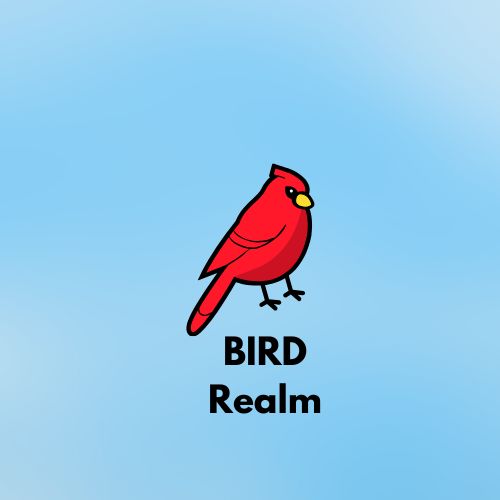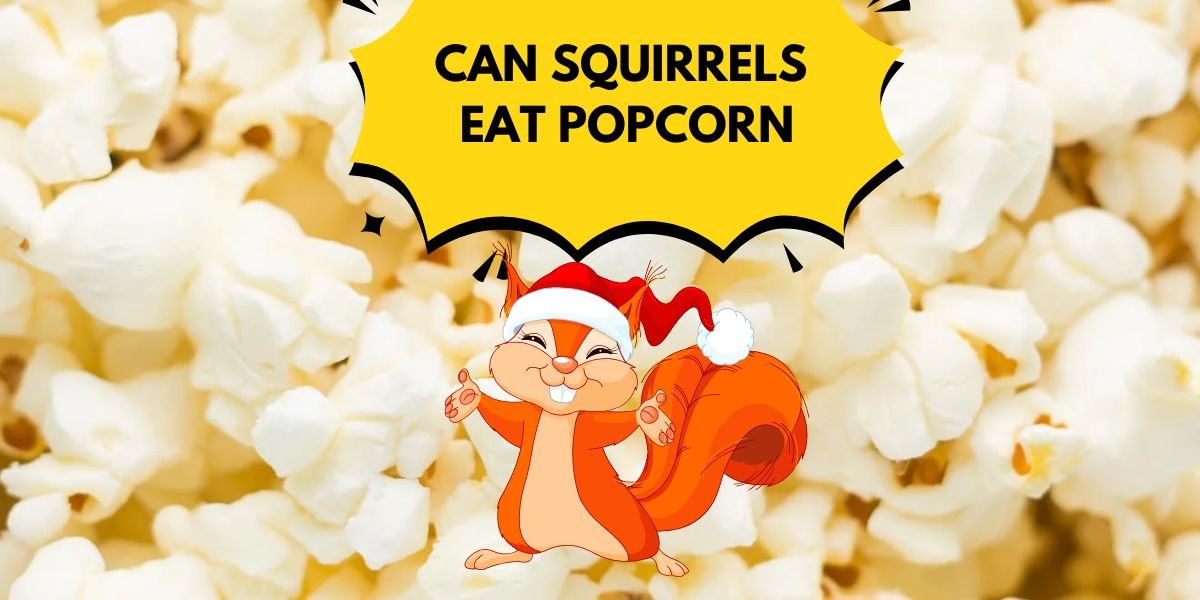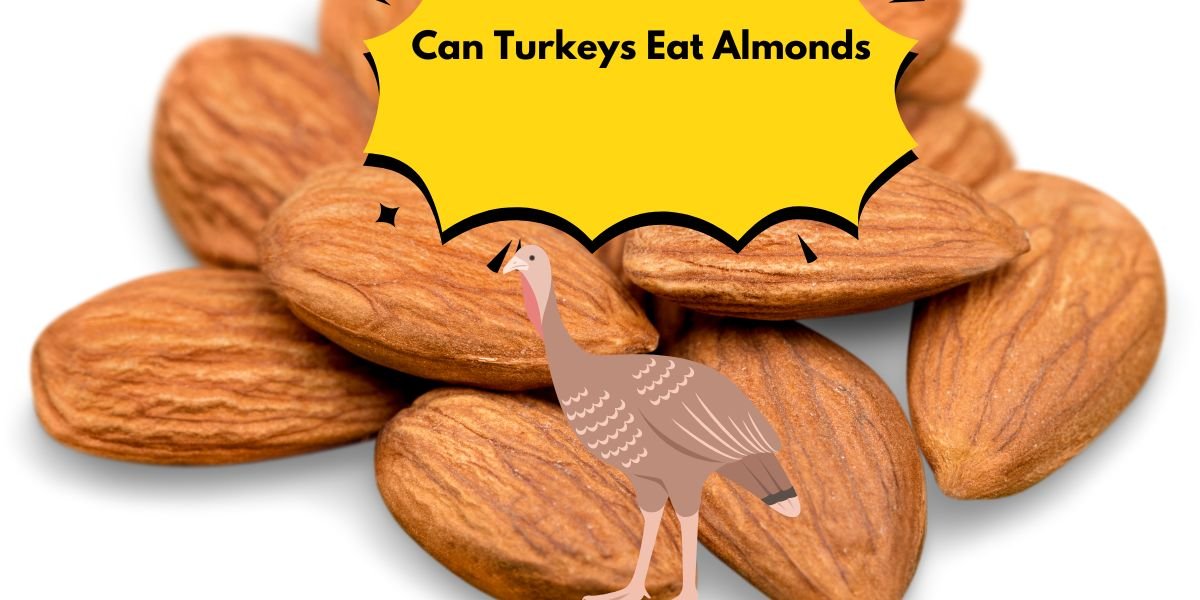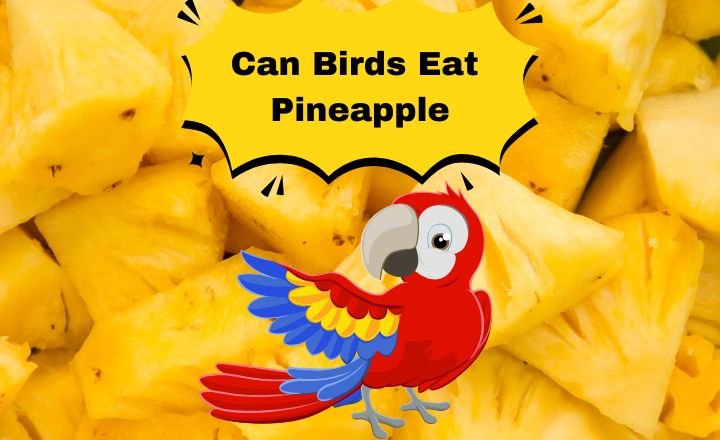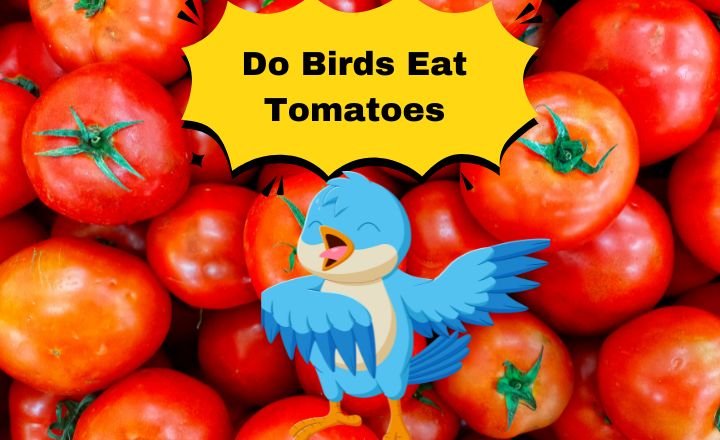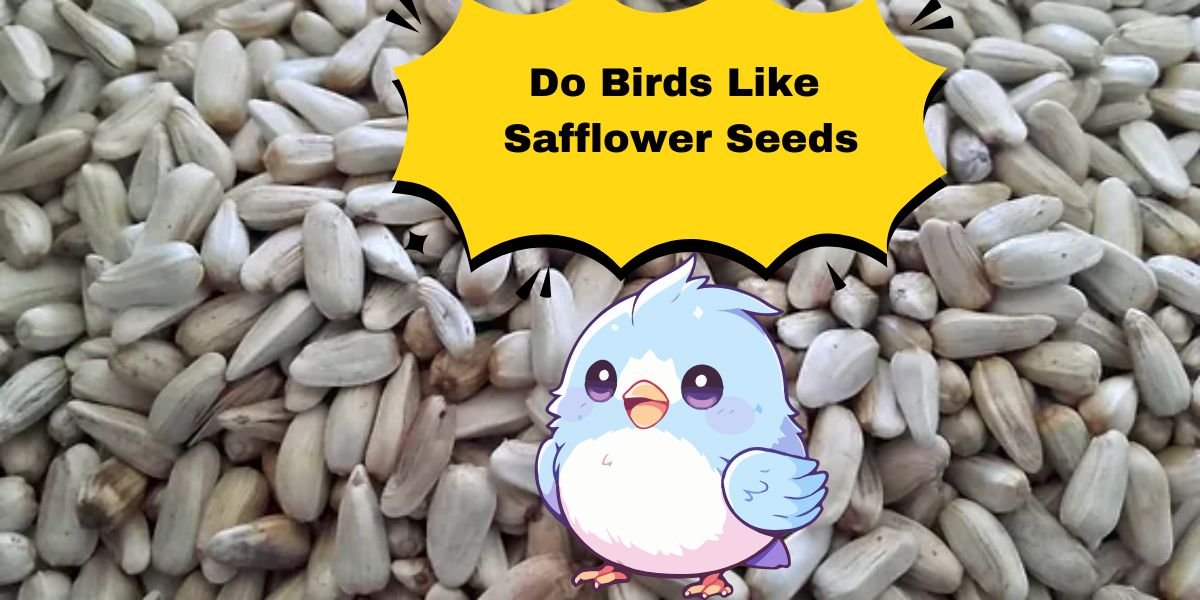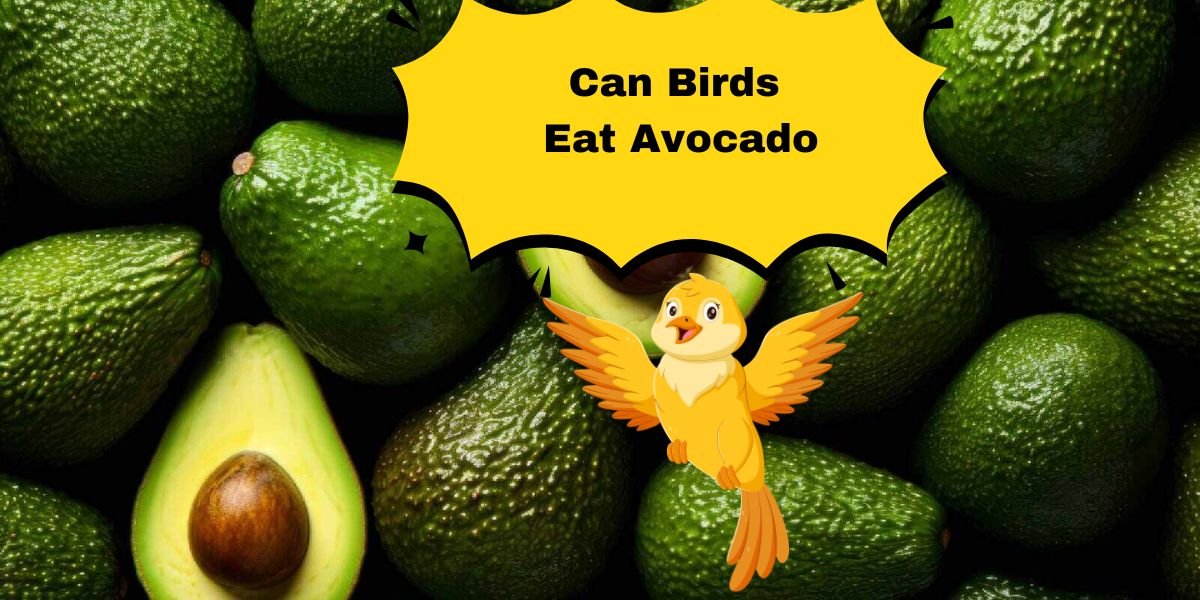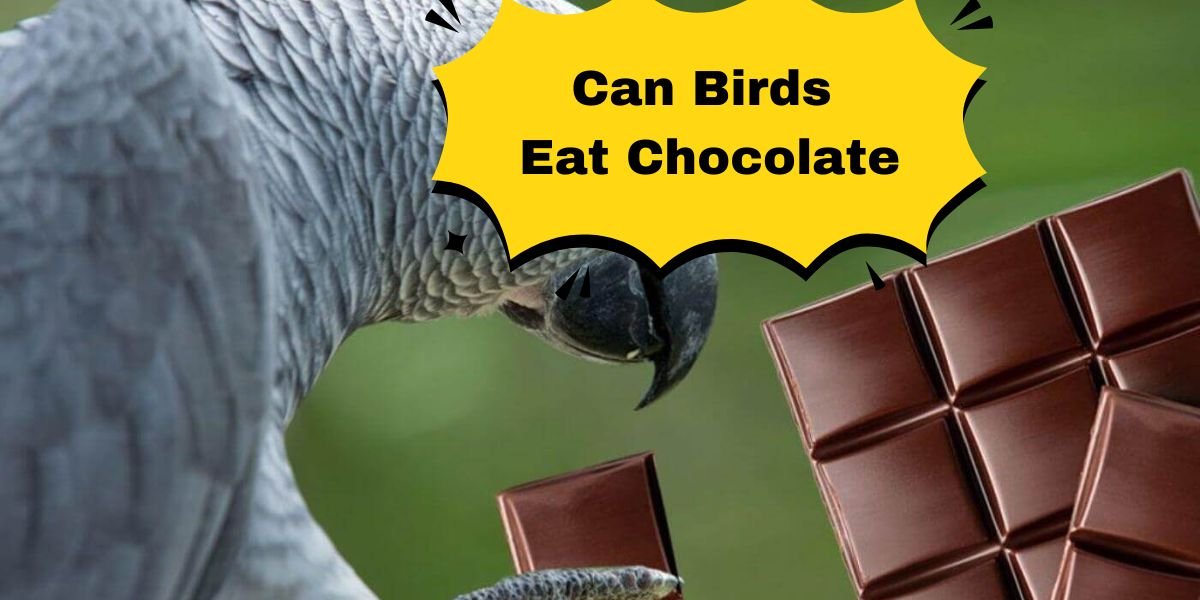Can Squirrels Eat Popcorn?
In a world where culinary curiosities abound, one question might rattle your thoughts: can squirrels eat popcorn? These fluffy-tailed acrobats of the animal kingdom are often seen darting across backyards, and you might be surprised to learn that their dietary preferences extend beyond mere nuts and seeds.
As we delve deeper into this intriguing topic, we’ll uncover the nutritional nuances of popcorn and its potential place in a squirrel’s diet. While it may seem whimsical to imagine these furry creatures munching on your leftover movie snacks, understanding what squirrels can safely consume is crucial for their health and our backyard ecosystems.
Join us as we explore whether those buttery kernels pose risks or benefits for our bushy-tailed friends. So grab some popcorn as we unravel the facts behind this curious question!
Nutritional Considerations for Popcorn and Squirrels
It’s essential to understand the nutritional implications. Air-popped popcorn offers a light snack that is low in calories and fat; caregivers must serve it plain—without butter or salt—to maintain its health benefits. While humans enjoy popcorn as a treat during movie time, for squirrels, this crunchy morsel should be an occasional supplement rather than a staple.
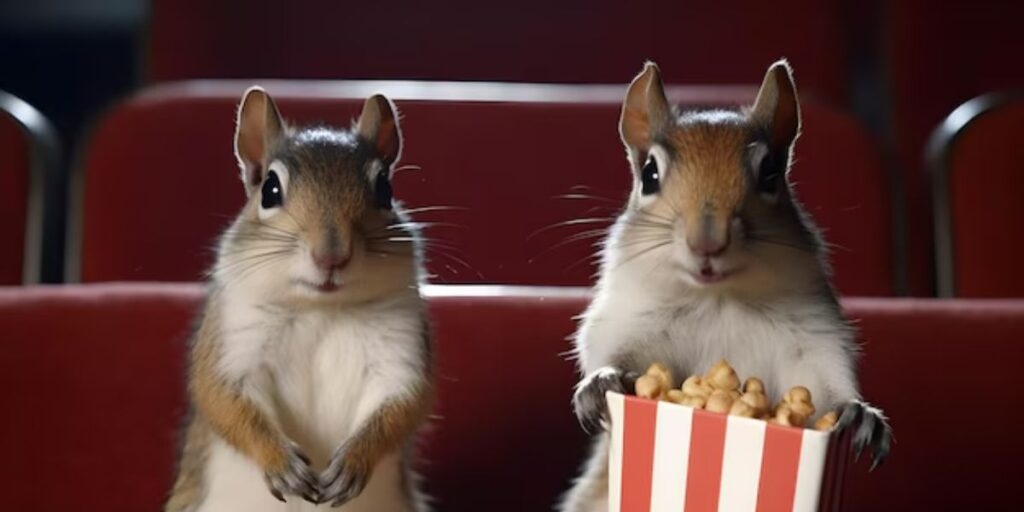
Which Kinds of Popcorn Can Be Served?
The varieties extend far beyond traditional buttered kernels. Gourmet options have gained popularity, with flavors like truffle oil, cheddar cheese, and even spicy sriracha appealing to adventurous eaters.
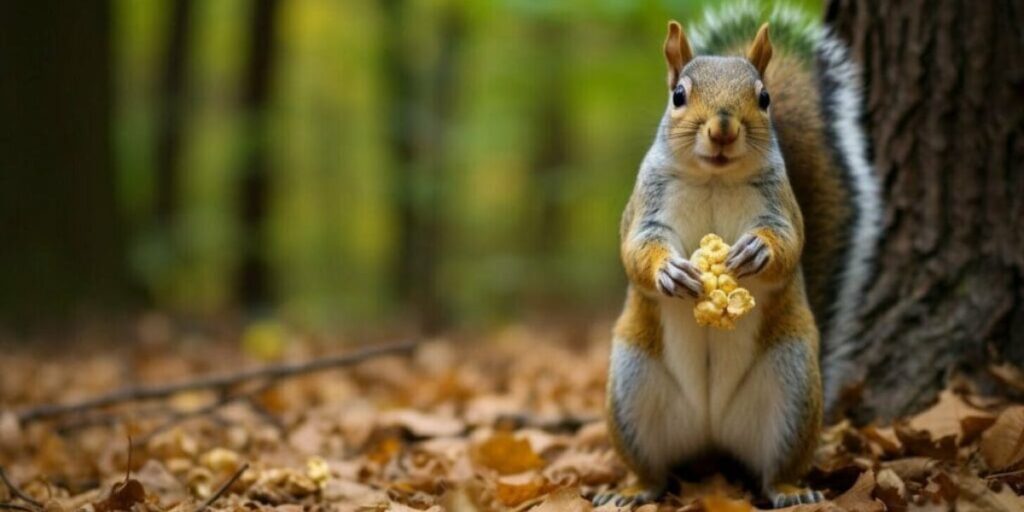
Health-conscious snackers may opt for air-popped or kettle-cooked popcorn seasoned with sea salt or nutritional yeast—a vegan favorite that provides a cheesy taste without the dairy.
- Unpopped Popcorn Kernels
- Plain, Air-Popped Popcorn
Unpopped Popcorn Kernels
These resilient kernels serve as an interesting focal point when it comes to understanding the science of popcorn itself. Each kernel has a tough outer shell called a pericarp that must withstand significant pressure—around 135 psi—before it can burst open and transform into the fluffy treat we all love.
Plain, Air-Popped Popcorn
Plain, air-popped popcorn emerges as a surprisingly nutritious snack option that goes beyond mere indulgence. High in fiber and low in calories, it offers a satisfying crunch without the guilt often associated with more elaborate treats. This deceptively simple snack also serves as a blank canvas; you can easily enhance it with spices or nutritional yeast to transform its flavor profile while remaining health-conscious.
Which Kinds of Popcorn Should NOT Be Served?
Certain kinds of popcorn should be avoided when serving snacks to guests or even as treats for pets. For instance, flavored or gourmet popcorns—those dusted with spicy seasonings, sugary coatings, or rich cheeses—may be appealing to many but can lead to unexpected digestive issues in both humans and animals.
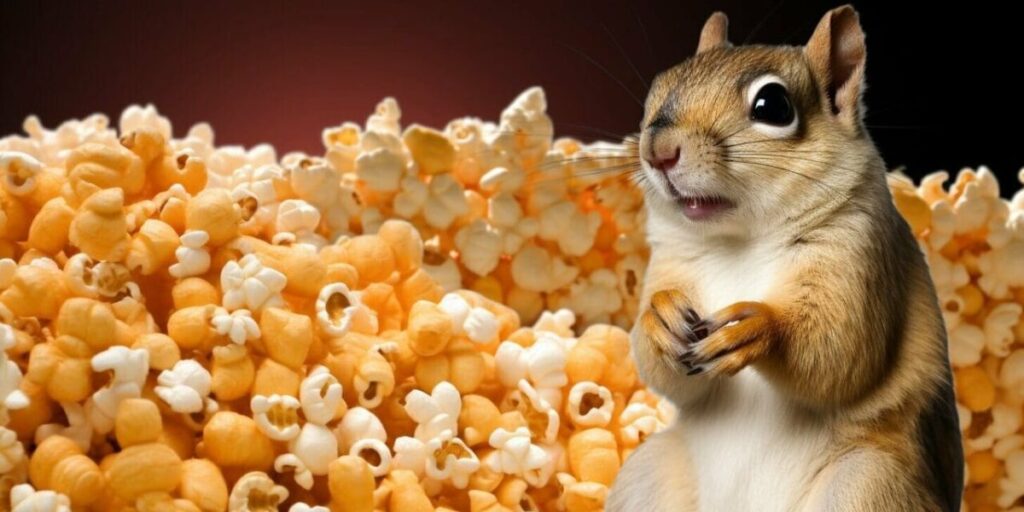
Dogs and cats are particularly sensitive to ingredients like garlic powder or chocolate drizzle found in some specialty varieties, which could cause serious health risks. And while we might think about indulging ourselves with these bold flavors, it’s essential to keep our furry friends safe too.
- Buttered and Salted Popcorn
- Avoid Flavored and Processed Varieties
- Microwave Popcorn
Buttered and Salted Popcorn
Buttered and salted popcorn is often the star of movie nights, but its appeal goes beyond mere entertainment. This classic snack boasts a unique blend of texture and flavor; the crunch of freshly popped kernels is perfectly complemented by a rich buttery coating and a sprinkle of salt.
While indulging in this treat, it’s fascinating to consider its nutritional aspects—though often seen as an indulgence, air-popped popcorn can be a low-calorie whole-grain option that’s rich in fiber.
Avoid Flavored and Processed Varieties
When considering the dietary choices for your furry friends, it’s essential to steer clear of flavored and processed popcorn varieties. These products often contain added salt, sugar, or artificial seasonings that can be harmful to squirrels.
Unlike their wild counterparts who thrive on natural diets filled with seeds and nuts, snack foods laden with excessive sodium or unhealthy fats can disrupt their digestive balance and lead to health complications over time.
Microwave Popcorn
When considering offering popcorn to your backyard visitors—or as a curiosity during your next springtime hike—keep in mind that squirrels are opportunistic feeders. They might delight in nibbling this crunchy snack; providing it should not detract from the nutrient-rich diet they rely on. Squirrels have complex digestive systems that aren’t built for processed foods.
Final Words
Squirrels can eat popcorn, but it should be given in moderation and without any added butter, salt, or seasoning. Plain, air-popped popcorn is a safer and healthier option for squirrels. While popcorn is not toxic to them, it’s not a natural part of their diet, so it should only be offered occasionally as a treat.
Overfeeding squirrels with popcorn or any human food can lead to health issues, including obesity or malnutrition. Always ensure that their primary food sources, such as nuts, seeds, and fruits, remain the focus of their diet for optimal health and well-being.
